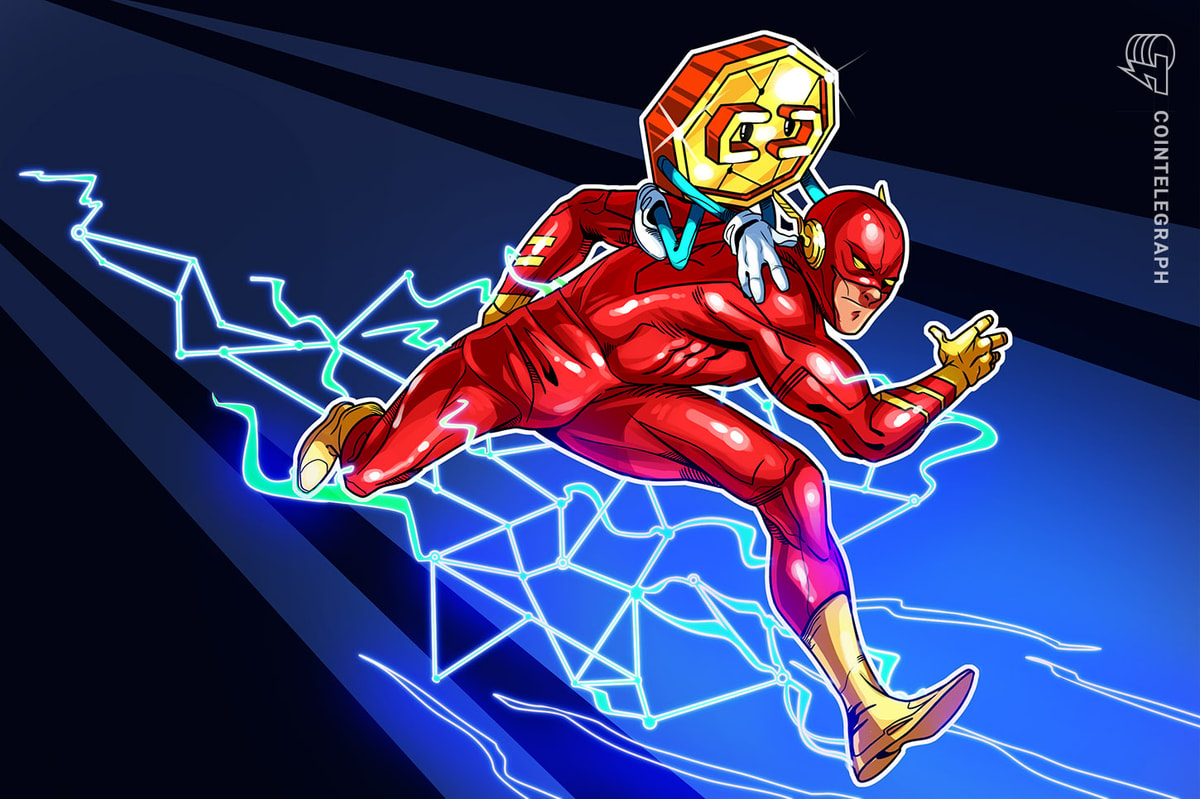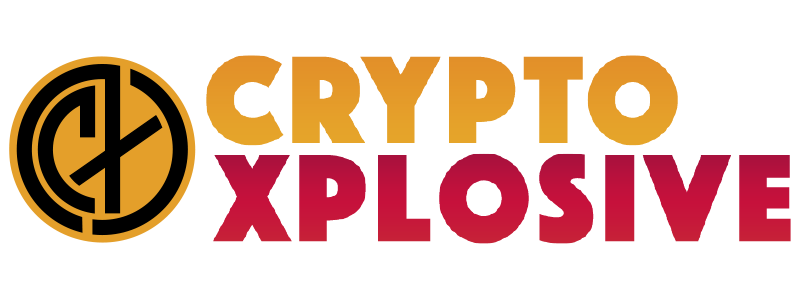Sony’s Soneium taps EigenLayer to cut finality to under 10 seconds

Soneium, a layer-2 (L2) blockchain network developed by Sony Block Solutions Labs, said it has slashed its blockchain finality time by over 98%, as it aims to solve one of the biggest challenges in blockchain scalability.
Astar, a Japanese Web3 adoption collective bridging Astar Network and Soneium, announced a strategic partnership with AltLayer and EigenLayer to launch a “Fast Finality Layer” for Sony’s L2 blockchain.
In blockchain settlement, finality is the assurance that a transaction is irreversible, which happens after it is added to a block on the blockchain ledger.
The new finality layer provides a crypto-economic security guarantee through a decentralized network of validators to reduce the reliance on centralized sequencers and enable more secure crosschain interactions.
Soneium, ALtLayer, EigenLayer partnership. Source: Astar Network
This could result in a sub-10-second transaction finality for Soneium, a 98% reduction from its initial 15-minute finality, which was achieved through Optimism’s OP Stack, according to an announcement shared with Cointelegraph.
The new validator network will be secured by both restaked Ether (ETH) and Astar (ASTR) tokens.
Reducing blockchain finality is key for enabling more advanced decentralized finance (DeFi) use cases and improving developer and user experience, since most solutions experience finality delays from 15 minutes to several days, according to Maarten Henskens, head of Astar Foundation.
The new partnership is a “crucial step toward secure, high-speed, crosschain interoperability,” he told Cointelegraph, adding:
“It’s a foundational improvement in UX and trust: users no longer need to wait or “double-check” if a transaction will be reversed, and developers can confidently build real-time, interactive applications without worrying about delayed finality.”
“This milestone is just the beginning — and there’s a much larger story unfolding around how fast finality will reshape developer UX, DeFi, and crosschain experiences,” he added.
L2s by blockchain finality time. Source: L2beat
Arbitrum One is currently the fastest blockchain, with an average finality time of one minute, the same as Coinbase’s Base L2 network, both relying on optimistic rollups, L2beat data shows.
Related: Crypto lending down 43% from 2021 highs, DeFi borrowing surges 959%
Blockchain L2 finality a key bottleneck for adoption
Solving blockchain finality remains the biggest barrier to mainstream Web3 adoption, according to YQ Jia, CEO of AltLayer.
“By combining EigenLayer’s restaking with MACH validation and support from Astar Network, we’re creating an infrastructure that offers the best of both worlds — Ethereum’s security guarantees with near-instant finality,” Jia said. “This is exactly the kind of solution needed to bring blockchain technology to mainstream adoption.”
Related: Kraken rolls out ETF and stock access for US crypto traders
EigenLayer has sought to advance mainstream blockchain adoption since it launched.
In February 2025, EigenLayer and blockchain protocol Cartesi launched a new initiative to find the next key prototype consumer application with new use cases that may bolster mainstream crypto adoption.
Magazine: Financial nihilism in crypto is over — It’s time to dream big again



Comments are closed, but trackbacks and pingbacks are open.